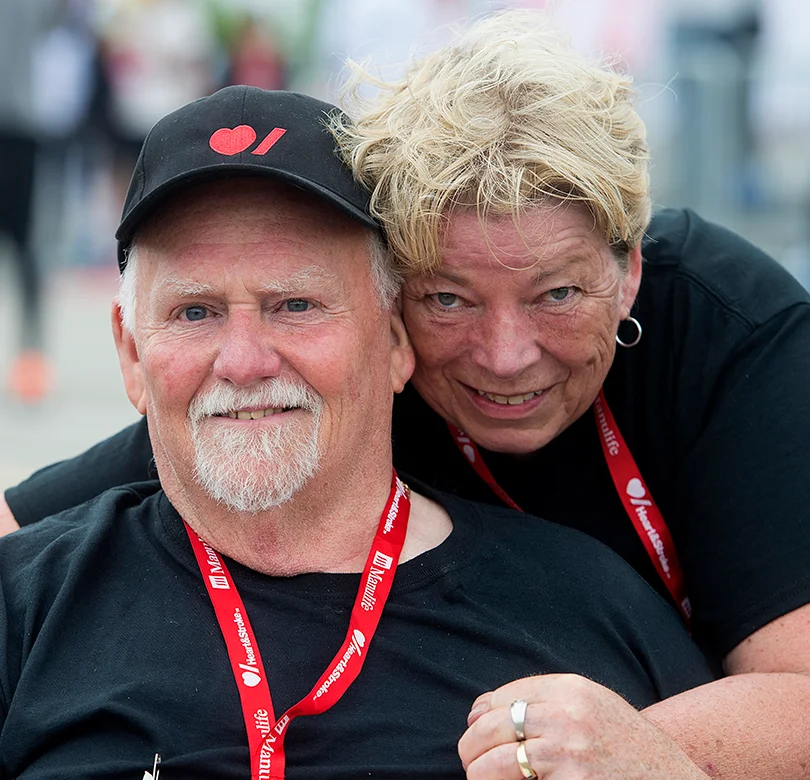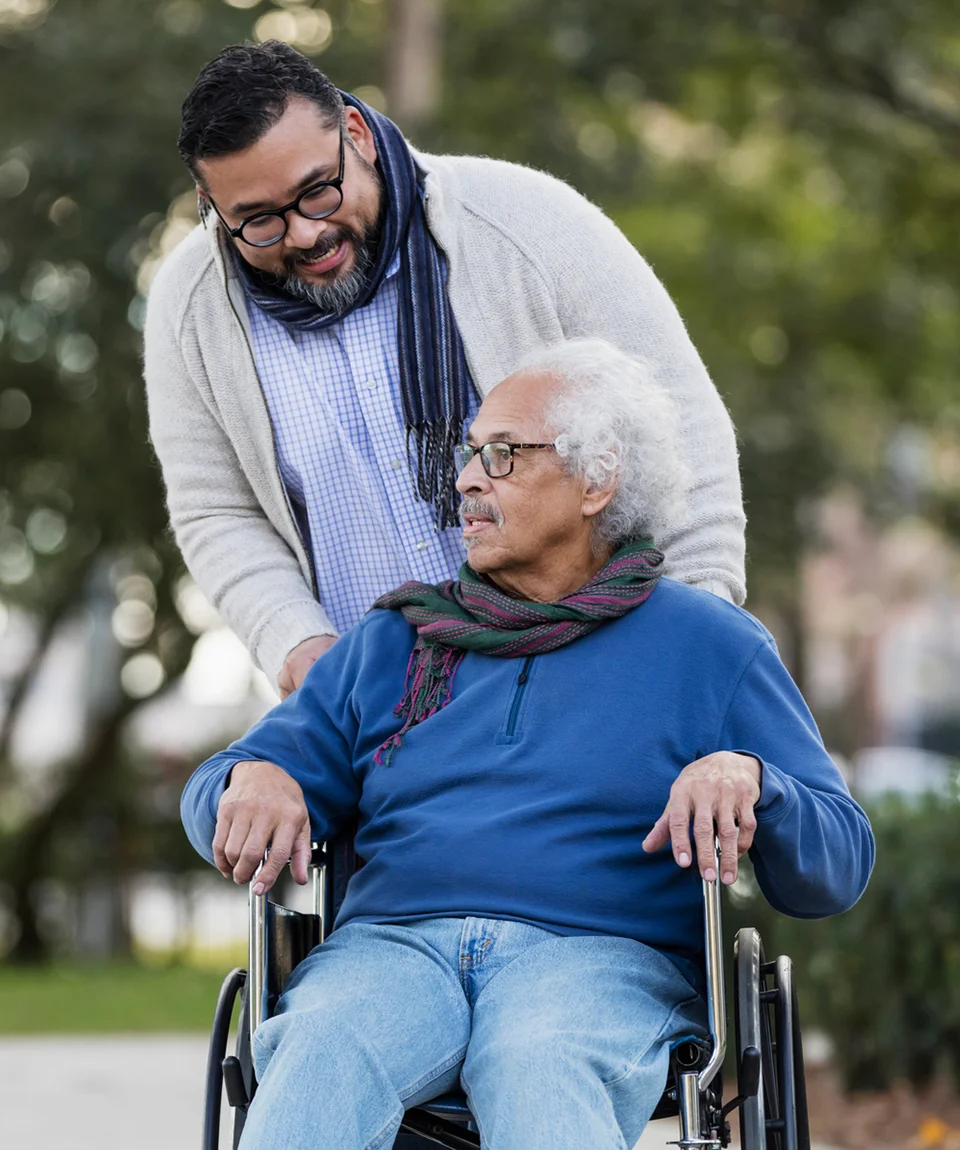A stroke in the family can turn everyone’s world upside down.
If someone you love has a stroke, you may find yourself in the role of care partner – possibly making you the single most important factor in the stroke survivor’s recovery.
A stroke in the family can turn everyone’s world upside down. The physical and emotional changes in the survivor often demand major adjustments in day-to-day life.
Family care partners – especially spouses – are instrumental in rehabilitation and recovery. But they too often face significant financial, physical and emotional costs. The resulting depression can impact the care partners and may, in turn, hamper the survivor’s recovery.
Being a stroke care partner is a demanding – but rewarding – responsibility. One of the most important parts of the job is to help the stroke survivor become as independent as possible.
If you’re a care partner, at times, you may feel overwhelmed. This is a normal reaction so it is helpful to learn to delegate. Think about what family members, friends or outside resources can do to lighten your load.

Chuck & Lorraine share an unshakable bond after facing stroke together.

Taking care of yourself
As a care partner you may sometimes feel burnt-out, frustrated, helpless, depressed, afraid and even angry. Such feelings are not bad – they are normal and understandable. Here are some suggestions from the Heart and Stroke Foundation for dealing with these emotions:
- Share your feelings with a close friend or family member.
- Try to have at least one daily conversation about a topic that’s not related to stroke.
- Do something you find relaxing, such as taking a walk, reading or yoga.
- Enlist the help of family, friends or community agencies. Don’t feel guilty if you can’t be with the stroke survivor every minute.
- Take care of your own physical health. Eat a healthy diet and try to be physically active most days of the week.
Related information
The Beat: The sacrifice and satisfaction of family caregiving (podcast)
Learn how to manage your caregiving need from Timing it Right: Stroke Family Support Program by Dr. Jill Cameron.
